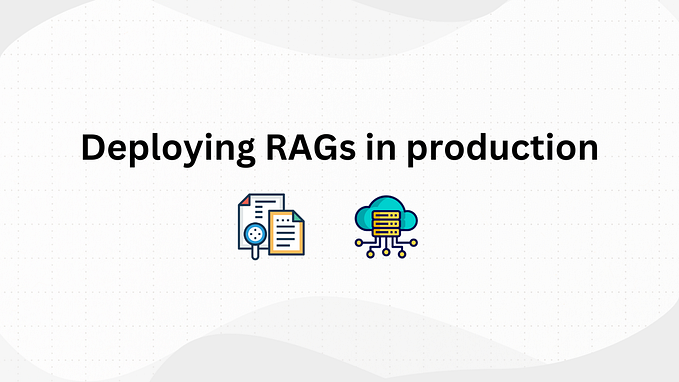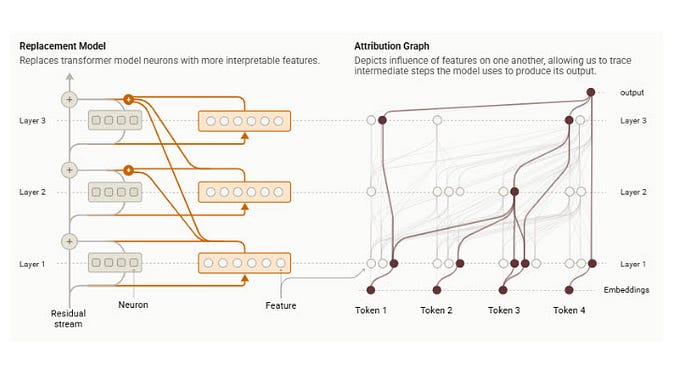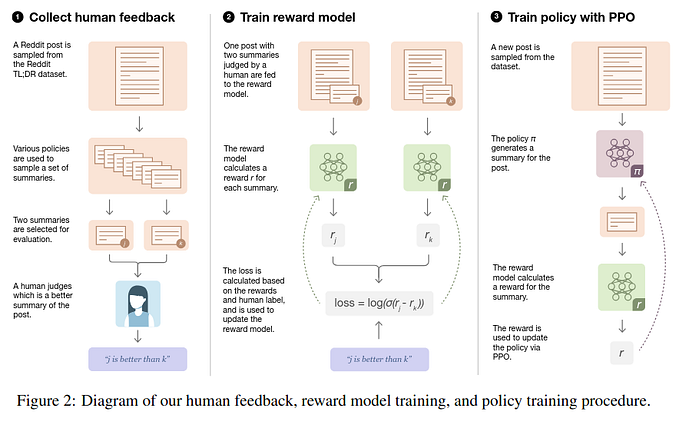The Power of Networking in Your Professional Development

Networking is an essential aspect of professional development. It involves building and maintaining relationships with people in your industry, profession, or community. Networking can be beneficial for career growth, as it opens up opportunities for job offers, career advancement, and personal growth.
Here are some ways networking can be powerful in professional development:
Networking is an essential aspect of professional development. It involves building and maintaining relationships with people in your industry, profession, or community. Networking can be beneficial for career growth, as it opens up opportunities for job offers, career advancement, and personal growth.
Here are some ways networking can be powerful in professional development:
- Creating Connections: Networking allows you to create connections with people in your industry, profession, or community. These connections can be valuable in helping you learn about job opportunities, gain insights into different industries and professions, and stay up-to-date with industry trends and developments. Additionally, your connections can introduce you to other professionals in your industry, expanding your network and creating more opportunities for growth and development.
- Opportunities for Job Offers: Networking can help you find job opportunities that may not be advertised publicly. For example, when you build a strong network, you can tap into the hidden job market. This market includes job opportunities that are not advertised publicly, but instead, are filled by referrals or recommendations from within a professional’s network. By building relationships with professionals in your industry, you may be referred to job opportunities that are not advertised.
- Building Your Reputation: Networking can help you build your reputation and personal brand. When you make connections with other professionals in your industry, you have the opportunity to showcase your skills, experience, and knowledge, and digital credentials can be super useful to show your competence in various areas. Additionally, your connections can vouch for your skills and expertise, which can increase your credibility and help you establish yourself as an expert in your field.

4. Learning from Others: Networking can also be a great way to learn from. others in your industry. You can learn from their experiences, successes, and failures. Additionally, you can gain insights into industry trends and developments, which can help you stay up-to-date with the latest news and developments in your field.
5. Professional Support System: Networking can also be a source of support for professionals. When you build relationships with others in your industry, you can rely on them for advice, guidance, and support. This can be especially helpful during challenging times, such as job loss or career transitions.
6. Building Confidence: Networking can help build your confidence and communication skills. When you attend networking events, you have the opportunity to practice your communication and interpersonal skills. This can help you feel more comfortable in professional settings and build your confidence when interacting with others in your industry.
In conclusion, networking can be a powerful tool for professional development. It can create connections, open up job opportunities, build your reputation, help you learn from others, provide a professional support system, and build your confidence. To maximize the power of networking, it’s important to be strategic and intentional in your networking efforts. This can involve attending industry events, joining professional associations, and building relationships with professionals in your industry. By making networking a priority, you can create opportunities for career growth and personal development.










